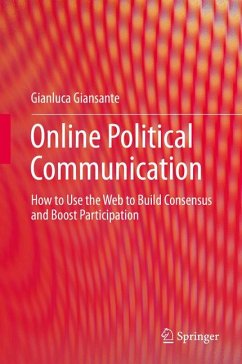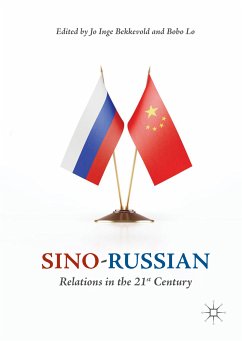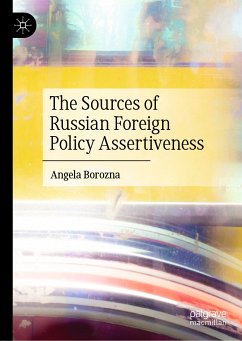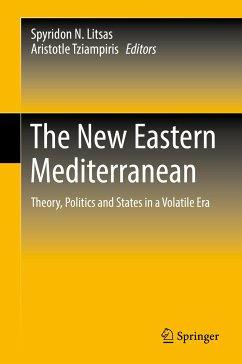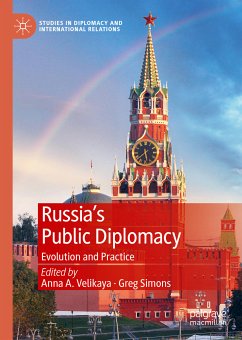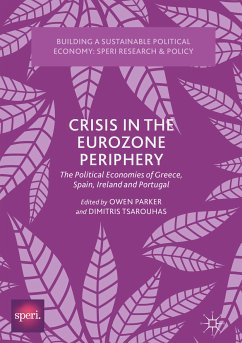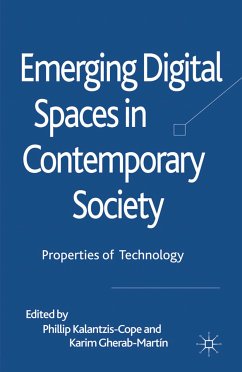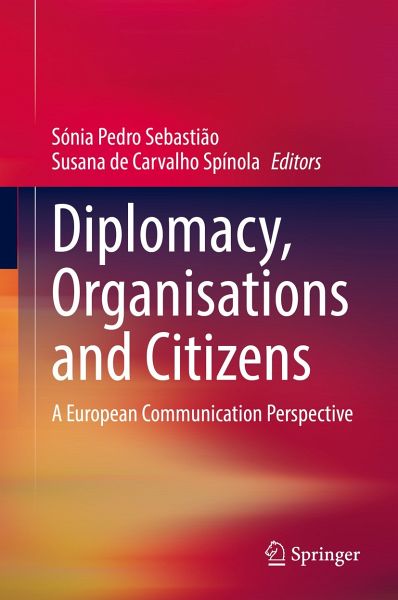
Diplomacy, Organisations and Citizens (eBook, PDF)
A European Communication Perspective
Redaktion: Sebastião, Sónia Pedro; Spínola, Susana de Carvalho
Versandkostenfrei!
Sofort per Download lieferbar
112,95 €
inkl. MwSt.
Weitere Ausgaben:

PAYBACK Punkte
56 °P sammeln!
This book uses an innovative interdisciplinary approach to explain how communication is a necessary condition for diplomacy in a digital and relationship-driven world. Divided into three parts, it highlights the importance of communication strategies and processes in contemporary society and in current global socio-political events in general, particularly within the field of diplomacy.The first part discusses the main theoretical debates that shaped the central concepts of the project, while the second part of the book presents further practical approaches and examples of diplomatic practice....
This book uses an innovative interdisciplinary approach to explain how communication is a necessary condition for diplomacy in a digital and relationship-driven world. Divided into three parts, it highlights the importance of communication strategies and processes in contemporary society and in current global socio-political events in general, particularly within the field of diplomacy.
The first part discusses the main theoretical debates that shaped the central concepts of the project, while the second part of the book presents further practical approaches and examples of diplomatic practice. Lastly, the third part focuses on pedagogical and methodological approaches, which can be useful in diplomacy and communication classes and for the implementation of a European curriculum.
This interdisciplinary book will appeal to students, researchers, policy-makers, and practitioners from various disciplines, including international relations, political science,business, and communication.
The first part discusses the main theoretical debates that shaped the central concepts of the project, while the second part of the book presents further practical approaches and examples of diplomatic practice. Lastly, the third part focuses on pedagogical and methodological approaches, which can be useful in diplomacy and communication classes and for the implementation of a European curriculum.
This interdisciplinary book will appeal to students, researchers, policy-makers, and practitioners from various disciplines, including international relations, political science,business, and communication.
Dieser Download kann aus rechtlichen Gründen nur mit Rechnungsadresse in A, B, BG, CY, CZ, D, DK, EW, E, FIN, F, GR, HR, H, IRL, I, LT, L, LR, M, NL, PL, P, R, S, SLO, SK ausgeliefert werden.



